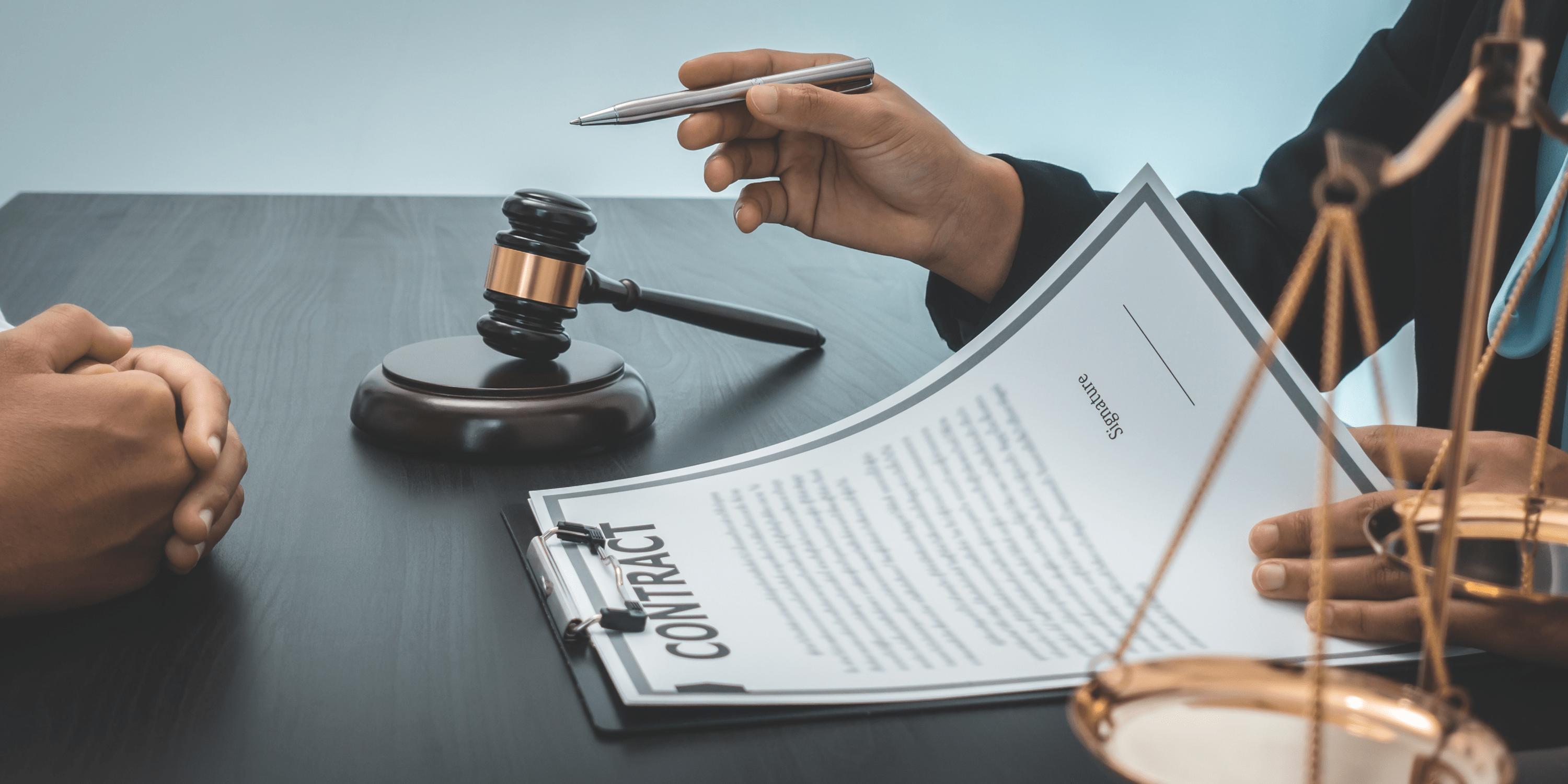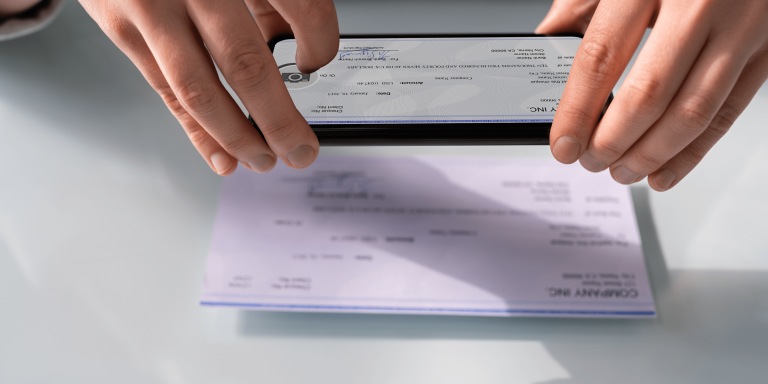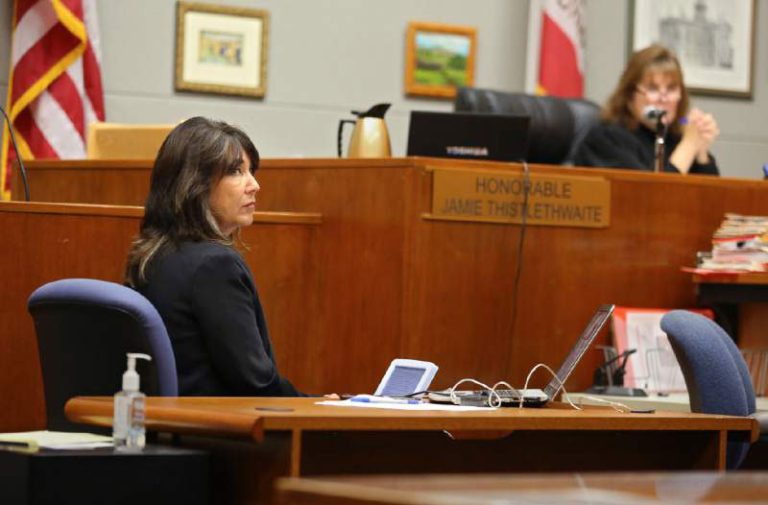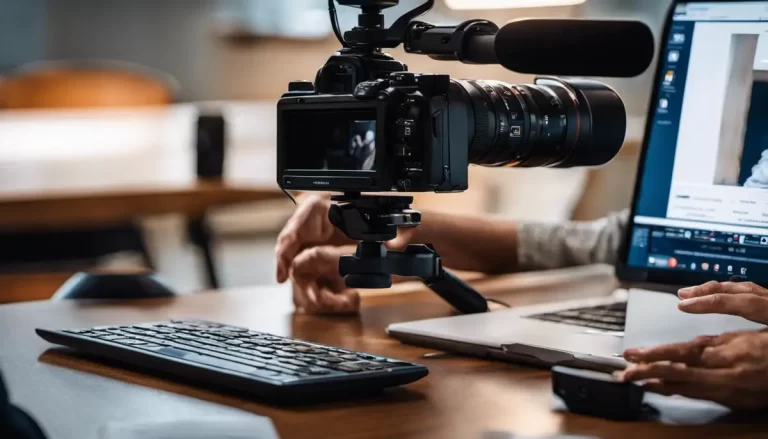Enter the intriguing world of court reporter depositions! For anyone inquisitive about what happens behind closed doors during judicial processes, this is a treat. In the legal system, depositions allow attorneys to acquire witness testimony and evidence.
Court reporters must observe certain regulations when conducting depositions. If you want to become a court reporter or just want to learn more about this interesting field, read on as we reveal the secrets of good deposition reporting.
The Role of a Court Reporter
A neutral observer and accurate recorder, a court reporter is essential to the legal process. Their main job is to transcribe depositions, hearings, and trials verbatim. This demands fast typing and excellent listening skills.
Court reporters sit silently in depositions to transcribe every word stated by all parties. They must stay neutral and avoid arguments and personal opinions. Their presence ensures a precise record for future reference.
Stenotype devices and voice recognition software help court reporters. Their skills go beyond technology—they comprehend legal vocabulary and can effectively document complex dialogue.
Preparation for a Deposition
Court reporters must prepare for depositions to record sessions accurately and efficiently. Before deposition, follow these crucial steps:
1. Review the case: Learn about essential papers, past testimonies, and any technical language that may be used during the deposition.
2. Check your equipment: Make sure your recorder and stenography machine operate. Test them beforehand to avoid technical issues that could disturb the deposition.

3. Learn specialized terms: Before meeting industry-specific terminology or acronyms, study their meanings. This helps you accurately transcribe depositions.
4. Arrive early: Being punctual gives you time to set up your equipment and learn the deposition room layout.
5. Contact attorneys: Before scheduling, let both parties know if they have any formatting preferences or unique needs like real-time reporting.
Court reporters can feel confident and equipped for a deposition by following these preparation tips!
Rules and Guidelines for Conducting a Deposition
A smooth deposition process depends on rules and guidelines. Depositions must follow protocols to ensure accuracy, fairness, and professionalism.
The parties must treat each other with respect and decency throughout the proceedings. This fosters collaboration and open communication. Avoid interrupting and talking over one another to give the court reporter time to record every word.
Another crucial guideline is that only one individual should talk. This clarifies testimony and ensures clean records. Participants should speak clearly and articulate their words to help the court reporter transcribe.
Attorneys must also follow deposition objection guidelines. Succinctly state objections on record without coaching or influencing the witness. This ensures fairness and legality in data collection.
Depositions require confidentiality. Unless authorized by law or agreement, all parties must not disclose sensitive or protected information during these processes.
Attorneys, witnesses, and court reporters must obey the presiding officer’s orders during a deposition. These instructions may contain exhibit identification and handling rules or pre-questioning conditions.
Professionals can ensure truthful testimonies and legal system professionalism by following these deposition regulations.
Tips for Accurate and Efficient Reporting
Court reporters must be accurate and efficient. As a court reporter, you must precisely record every single word. These guidelines will help you report accurately and efficiently.
Always prepare. Learn the case specifics and any technical jargon that may surface during the deposition. This lets you follow the discourse without interrupting for clarification.
Pay attention to verbal and nonverbal cues. To construct an accurate transcript, gestures and facial expressions can add context.
Gain good listening abilities. Focus on listening rather than transcribing every word. Real-time understanding of the testimony helps you anticipate follow-up inquiries and clarifications.
Be professional throughout. As a neutral party in court processes, you must not express personal beliefs or bias toward any side.
These suggestions for precise and speedy reporting can help you succeed as a court reporter and provide accurate transcripts for legal events.
Common Challenges and Solutions for Court Reporters
Court reporting is rigorous and demands clarity, focus, and detail. Court reporters are vital to the judicial system, but depositions can be difficult. Court reporters face certain typical issues. Here are some solutions. Court reporters may face challenging witnesses or attorneys.
Witnesses who speak quickly or mumble make it hard to record their testimony. Attorneys may interrupt or overlap discourse, producing misunderstandings. Court reporters might respectfully ask witnesses to slow down or repeat ambiguous statements to address these issues.

They can also use audio equipment or real-time captioning software to improve accuracy. Court reporters also face technological issues in the digital age. Software, data corruption, and hardware problems can disrupt a deposition and skew reports. Court reporters should constantly update software and back up files before depositions to prevent these issues.
Backup recording devices are recommended for extra security. Many court reporters struggle with time management during depositions. Multitasking while listening carefully and typing quickly is difficult even for experts.
Time management solutions like shorthand writing systems can boost efficiency without sacrificing accuracy to solve this problem.
Conclusion: Ensuring a Smooth and Successful Deposition Experience
Depositions are vital to court reporting. You must accurately record and transcribe every word stated during these hearings as a court reporter. Follow the principles and recommendations in this article to make each deposition work successfully.
Remember that success requires preparation. Before the deposition, review all case materials to prepare for any surprises. Note case-related names, dates, and technical phrases.
Always act professionally during the deposition. Use straightforward speech and avoid interrupting until required to clarify. Remember that recording what was stated is your main goal.
Be sure to have all the necessary tools. Stenotype machines, digital recorders, and backup batteries or power sources are included. Tech-wise, overprepared is better than underprepared.











